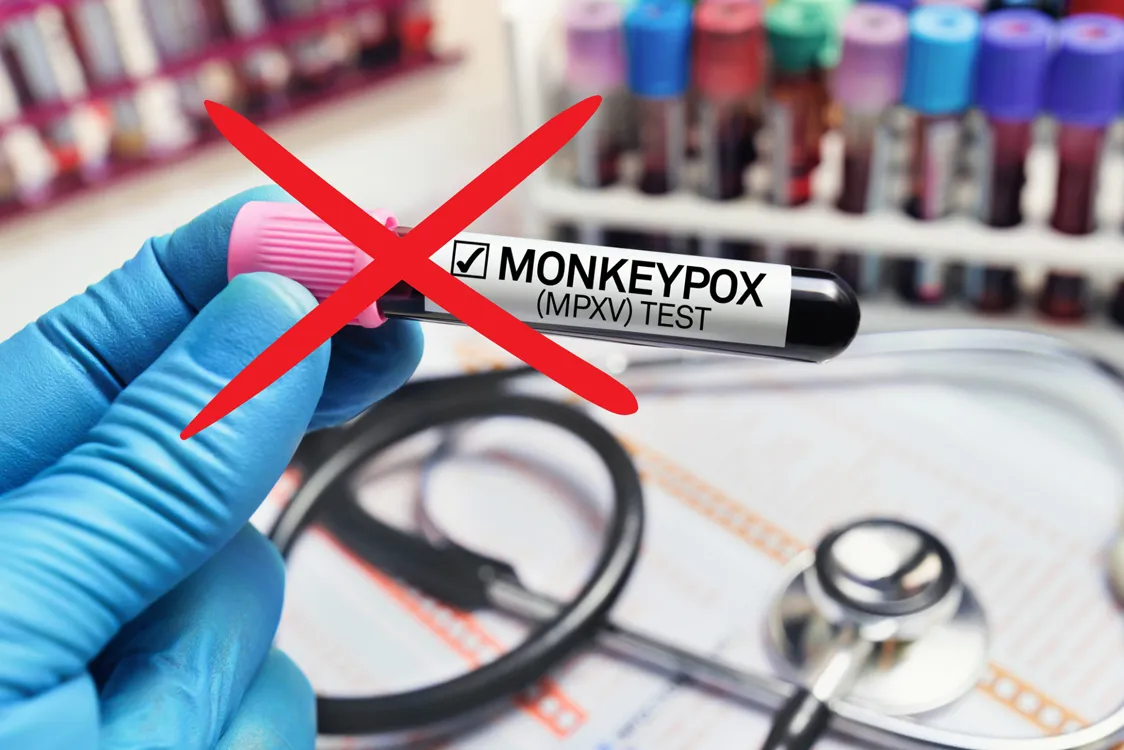According to the WHO, which has declared the monkeypox outbreak, a global health emergency. Over 31,000 cases have been reported worldwide since the beginning of the year. While the virus can pass from animals to humans, WHO experts believe the latest global outbreak is due to human-to-human contact.
The World Health Organization, which is looking to rename monkeypox, has asked the public on Tuesday for aid, in coming up with a less stigmatising name for the rapidly spreading disease.
The UN health organisation has expressed concern about the diseases for weeks.
In Brazil, for example, there have been reports of humans harming monkeys due to the fear of getting infected.
“Human monkeypox was named before current best practises, in disease nomenclature,” WHO spokeswoman Fadela Chaib told reporters in Geneva.
“We want to find a name that is not stigmatising,” she noted.
Monkeypox got its name when the virus was discovered in monkeys housed for study in Denmark in 1958. However, the disease can be found in various animals, most commonly rodents.
The disease was originally found in humans in the Democratic Republic of Congo in 1970. Its spread among humans has been primarily limited to specific West and Central African countries, where it has been prevalent since then.
Cases of the disease, which causes fever, muscle aches, and large boil-like skin lesions, began spreading rapidly worldwide in May, primarily among males who have sex with men.
The recent global proliferation is attributable to human-to-human transmission.
The UN Health Organization stated that a committee of experts had already agreed on new names for monkeypox virus varieties, or clades.
The two main variations have been designated for the geographical regions where they have been found, the Congo Basin and West Africa.
The experts opted to designate them in Roman numerals instead of Clade I and Clade II. Clade IIb, a subvariant of Clade II, is thought to be the main cause of the ongoing global outbreak.





